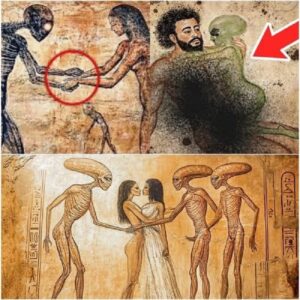You said:
ChatGPT said:
What Does the Bible Say About Age Differences In Marriage?
Age Difference in Relationships: Beyond Numbers
When it comes to love, few topics stir debate like age gaps. Society often sets “acceptable” standards, yet history and psychology show that love rarely follows rigid rules. Across time, couples with significant age differences have challenged stereotypes and proven that connection goes deeper than numbers.
Modern relationships look different than in the past. While some couples are close in age, others span decades. What captures attention is not the age itself, but questions of power, stability, and compatibility. Yet lasting love relies more on trust, respect, and shared values than on birth years.
Psychologists note both benefits and challenges in age-gap relationships. Older partners may bring wisdom and stability, while younger partners often offer energy and fresh outlooks. Together, these differences can create balance and growth.

Still, challenges arise when partners are at different life stages. Career goals, family planning, or lifestyle choices may clash without honest discussions. Open communication about the future is crucial to bridging these gaps.
History shows age gaps were once the norm, often tied to stability or fertility. Today, with a stronger focus on independence and equality, couples with large gaps may face more criticism than before.

Celebrities often spotlight the issue. Some applaud them for following their hearts, while others question power dynamics. These debates highlight society’s double standards more than the relationships themselves.
Gender bias also plays a role. Older men with younger partners are often praised, while older women face harsh labels. Couples who resist judgment often thrive by focusing on their bond instead of public opinion.
Ultimately, emotional maturity, respect, and shared goals—not age—determine success. Love is not defined by numbers but by resilience, connection, and a willingness to grow together.

